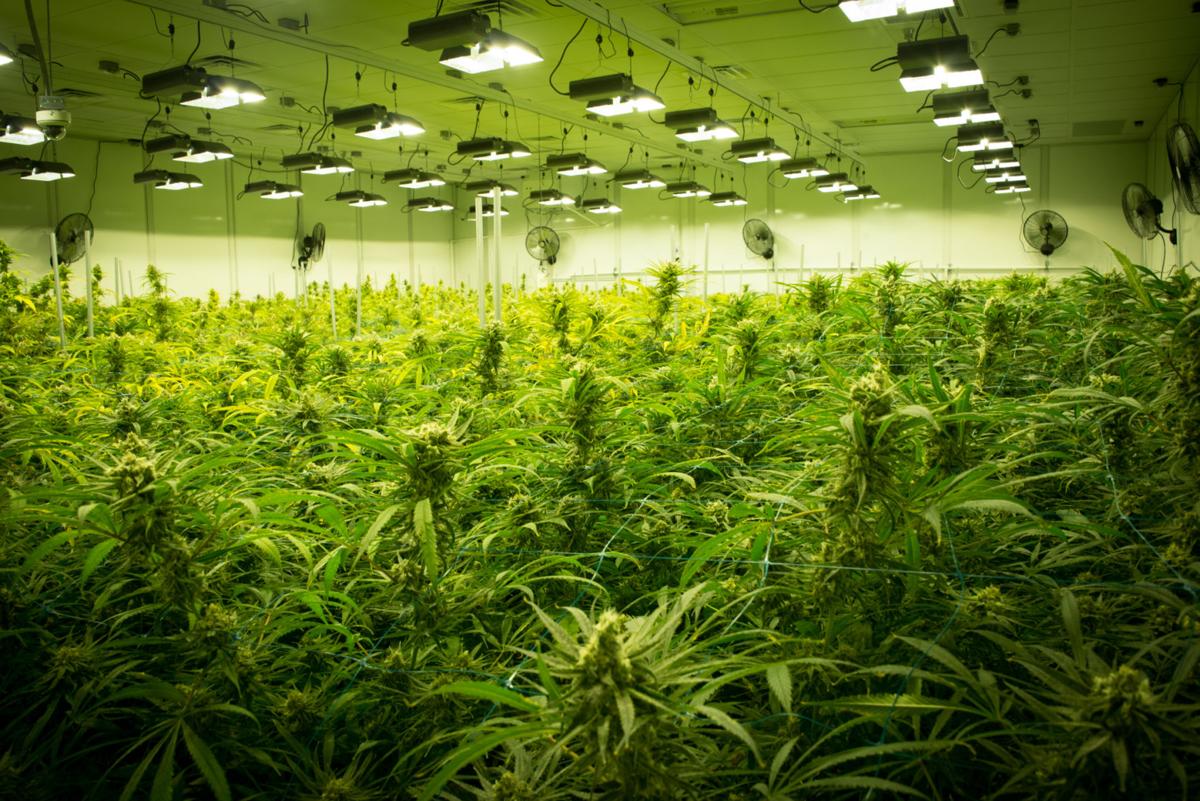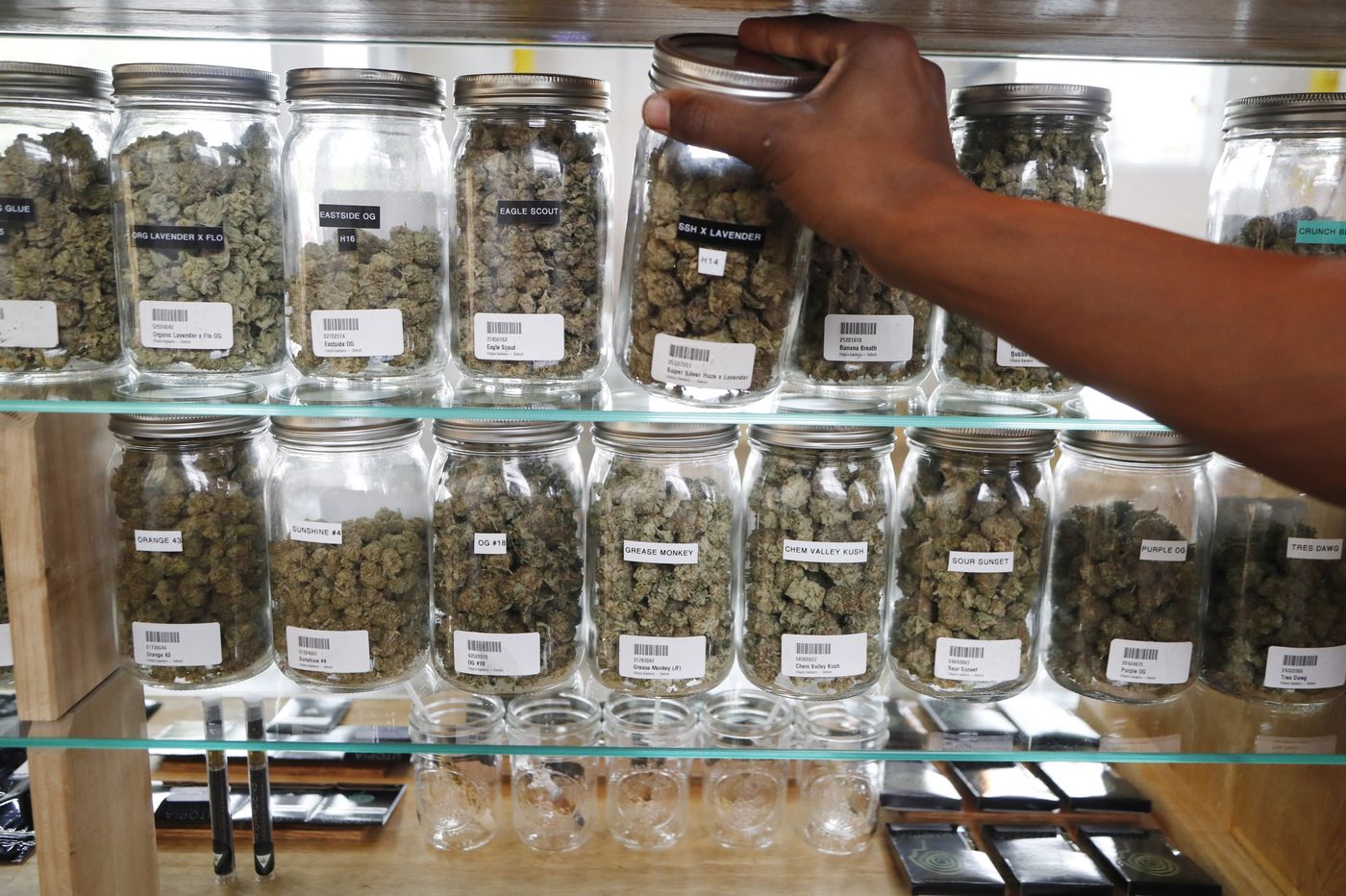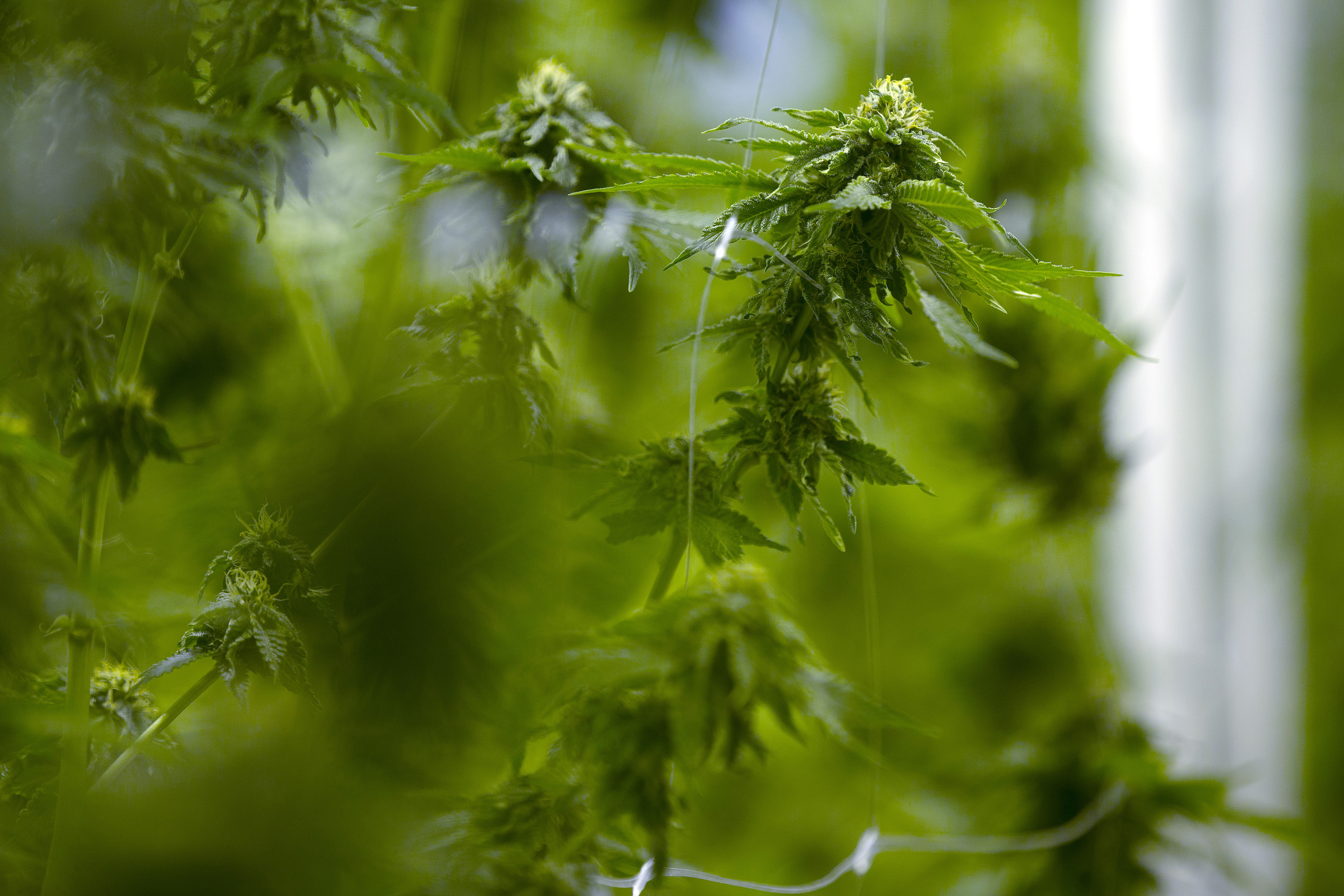The use of cannabis during adolescence is not associated with structural brain differences in adulthood, according to longitudinal data published in the journal Drug and Alcohol Dependence. Researchers concluded, “[T]he patterns of cannabis use typically seen in community-dwelling adolescents does not appear to have lasting effects on brain structure.”
NORML
Posts by 'NORML'
Today, House Judiciary Committee Chairman Jerry Nadler (NY) introduced The Marijuana Opportunity, Reinvestment, and Expungement (MORE) Act.
Earlier today, the Senate Banking Committee held a hearing on the SAFE Banking Act, which would allow financial institutions to engage in activities with state-legal cannabis businesses.
Members of the United States Senate Committee on Banking, Housing, and Urban Affairs are scheduled to hear testimony next week regarding the need to provide greater access to financial services for state-licensed marijuana-related businesses.
On July 25, Representatives Andy Harris, M.D. (R-MD-01), Earl Blumenauer (D-OR-03), H. Morgan Griffith (R-VA-09), and Zoe Lofgren (D-CA-19) introduced H.R. 3391 (the Medical Marijuana Research Act of 2017).
The Medical Marijuana Research Act of 2017 amends the Controlled Substances Act to make marijuana accessible for use by qualified marijuana researchers for medical purposes, and for other purposes.
Under present law, clinical investigations involving cannabis must meet approval from various federal agencies, including the DEA, the FDA, and the NIDA. Only cannabis provided by the NIDA may be used in clinical trials.
Please contact your members of the US House and Senate and urge their support for these important measures.
Legislation has been introduced, albeit late, for the 2017 Texas special session to decriminalize the possession of small amounts of marijuana.
HB 334, introduced by Representative James Moody, was not referred by the deadline BUT that does not mean it is totally dead. A hearing is still expected to be held by Moody on the subject matter.
HB 334 seeks to amend state law so that possessing up to one ounce of marijuana is a civil violation, punishable by a fine – no arrest, no jail, and no criminal record. Under current state law, first-time marijuana possession offenses are classified as a criminal misdemeanor punishable by up to six months in jail and a fine of up to $2,000.
According to the ACLU, Texas arrests over 70,000 individuals annually for simple marijuana possession offenses — the second highest total in the nation, at the cost of over 250 million dollars per year.
“State penal statutes regarding the possession of small amounts of marijuana are antiquated and costly. The state and local governments expend millions of dollars prosecuting and incarcerating these non-violent drug offenders,” said Sen. Jose Rodriguez. “In addition, those convicted often suffer collateral, disproportionate consequences, such as an inability to find employment or access certain benefits, like student financial aid or housing assistance.”
According to a recent UT/TT poll, only 17% of Texans support marijuana prohibition.
Please enter your information below to contact your elected officials in support of this measure.
For more information, please visit Texas NORML and follow them on Facebook and Twitter.
During the regular legislative session, more than half of the Texas House, including three out of four physicians, signed onto a bill that would have made the Compassionate Use Program more inclusive. They answered the cries of patients and caregivers who know the benefits cannabis can provide.
All at once, you can tell your legislators to call upon Governor Abbott to add medical cannabis to the list of topics that can be considered during the special session and send a message right to the Governor.
In 29 states (accounting for 62% of Americans), patients with debilitating medical conditions are allowed access to cannabis if their doctors think it will help alleviate their suffering. Texas is not among those 29 states, meaning that we have less freedom than most of our countrymen, including those in Arkansas, North Dakota, and New Mexico. Safe and legal access to medical cannabis for seriously ill patients is supported by more than 80% of Texans, according to the University of Texas.
Send a message now to ask them to add this important topic to the list of issues to be addressed by the Legislature.
Senate Update: The Senate Appropriations Committee is passed the Rohrabacher-Blumenauer amendment on Thursday, July 27th by a voice vote.
House Update: The House Appropriations Committee released its 2018 Commerce, Justice, Science (CJS) Appropriations bill, which determines the funding levels for numerous federal agencies, including the Department of Justice. Predictably, the bill does not include language — known as the Rohrabacher-Blumenauer amendment — limiting the Justice Department from taking action against state-sanctioned medical cannabis producers, retailers, or consumers.
Representatives Blumenauer and Rohrabacher released the following statement in reponse:
“The policy championed by Representatives Blumenauer and Rohrabacher that prevents the Department of Justice from interfering in the ability of states to implement legal medical marijuana laws (previously known as “Rohrabacher-Farr”) has never been included in the base Commerce, Justice, Science, and Related Agencies (CJS) Subcommittee Appropriations bill. Rather, in previous years, Congress has amended the base CJS bill to include these protections.
We are exactly where we thought we would be in the legislative process and look forward to amending the underlying bill once again this year to make sure medical marijuana programs, and the patients who rely on them, are protected. Voters in states across the country have acted to legalize medical marijuana. Congress should not act against the will of the people who elected us.”
Congress re-authorized the amendment as part of a short term government spending package on May 5th, 2017. This bill extends federal funding through September 30, 2017, at which time the appropriation — and the Rohrabacher-Blumenauer amendment — will expire.
Initially enacted by Congress in 2014, the amendment maintains that federal funds cannot be used to prevent states from “implementing their own state laws that authorize the use, distribution, possession or cultivation of medical marijuana.”
According to recently released nationwide survey data, the majority of Americans are on our side. A whopping 94 percent support the medical use of marijuana. Perhaps most importantly, 71 percent of voters — including strong majorities of Democrats, Republicans, and Independents — say that they “oppose the government enforcing federal laws against marijuana in states that have already legalized medical or recreational marijuana.”
This amendment is strongly supported by both voters and lawmakers and ensures the safety of millions of patients. Congress must not turn its back on those millions of Americans who rely on these state-authorized programs for their health and wellness.
Send a message to your Senators uring them to support and advocate for medical marijuana patients with the form below.
In 2015, the Texas Legislature passed the Compassionate Use Program, allowing those with intractable epilepsy to access medical cannabis to treat their seizures.
Because of cannabis’ status as a Schedule I drug under Federal law, it cannot be “prescribed.” It can, however, be recommended and patients can be formally certified by doctors through the state registry. This small change does not expand the program, it simply corrects a small error and provides protection for participating doctors.
An amendment introduced by Rep. Lucio III’s would make this change, thus protecting doctors and bringing Texas state law in line with federal requirements.
Please enter your information below to contact your lawmakers in support of this effort.











